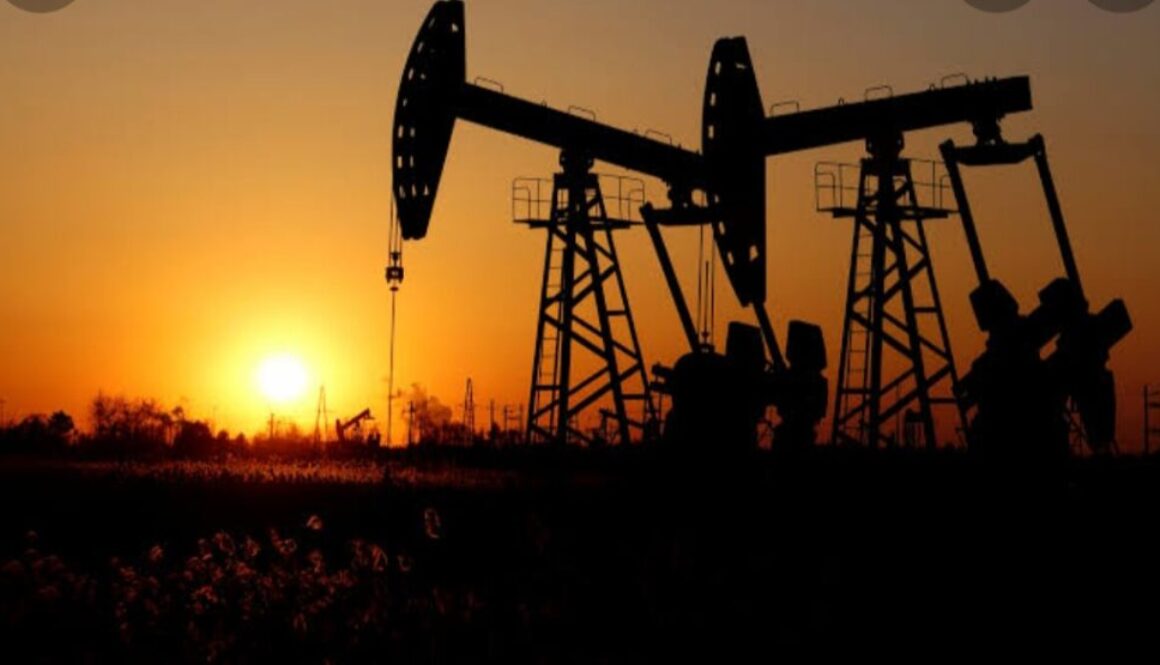India’s Net Zero 2070 Goal Will Not Hit Peak Oil Demand Target: HPCL
Prime minister Narendra Modi on Monday announced 2070 as the target for India to reach net-zero carbon emissions. He said by 2030, renewables’ share in India’s energy mix would rise to 50 percent from 38 percent and the projected emissions would be cut by a billion-tonne.
India’s aim for net-zero emissions by 2070 will not impact the peak oil demand forecast for the world’s third-biggest oil importer and consumer, the chairman of state-run refiner Hindustan Petroleum Corp said.
Prime minister Narendra Modi on Monday announced 2070 as the target for India to reach net-zero carbon emissions. He said by 2030, renewables’ share in India’s energy mix would rise to 50 percent from 38 percent and the projected emissions would be cut by a billion-tonne.
“Based on the energy requirement of the country, we need to move towards the different forms of energy and we need different forms of energy to cater to the increasing needs of the country,” M.K. Surana told a news conference.
“And based on the current assessment, it is expected that the peak oil demand may not be before 2040.”
India imports about 85 percent of its oil needs and is seen as a key driver for global oil demand growth.
The International Energy Agency (IEA) in its World Energy Outlook 2021 estimated that India’s oil demand could rise to 9.2 million barrels per day (BPD) by 2050 and to 7.2 million BPD in 2030 from about 4.8 million BPD in 2019.
In its previous India-focused report the IEA had said the nation could consume 8.7 million BPD oil in 2040.
India, the world’s third-biggest emitter is ramping up the use of natural gas, biofuels, ethanol mixing with petrol, and use of green hydrogen among others to cut its carbon footprint.
Surana said India would need both new energy sources and conventional fuels to meet rising local demand for a smooth transition to cleaner energy to avoid any scarcity.
The country has been witnessing its worst power crisis in years due to fuel shortages despite holding the world’s fourth-largest coal reserves.
Surana also hoped that India’s diesel demand would continue to stay above its pre-COVID level on rising industrial activity, demand pick-up from the farm sector, easing of COVID-led restrictions, and increased vaccination that has weakened the fear of the third wave of infections.
(Reuters)

